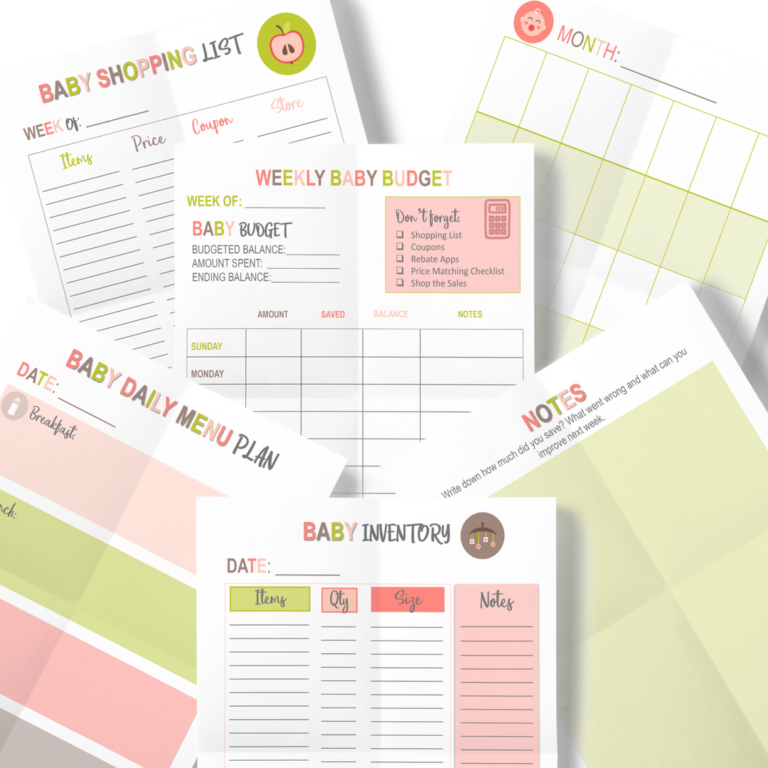How to Help Your Child Research Different Career Requirements
This post may contain affiliate links which might earn us money. Please read my Disclosure and Privacy policies hereHelping a young person think about their future career can feel like a big task. As a parent or foster carer, your role is not to choose a job for them, but to be a supportive guide. You can help them look at all the options out there and figure things out for themselves.
It’s a process that can really build their self-belief and give them a sense of control over their own life. Your steady support as they move towards being an adult is one of the best things you can offer.
This article gives you a practical way to help the young person you look after to research different jobs and what it takes to get into them.

Beginning with Their Interests and Talents
The jobs people tend to enjoy and stick with are usually linked to something they are genuinely interested in. So, before you get into the details of job ads and pay scales, the best place to start is by looking at what the young person actually likes doing and is good at.
This is not about sitting them down for a serious chat, but more about paying attention and having casual conversations.
Notice what they choose to do in their spare time. A love for video games could hint at an aptitude for coding, digital art, or story development. A talent for making videos or artwork for social media might suggest a future in graphic design, marketing, or communications.
An individual who is always the one organising plans with friends might have natural skills in project management or coordinating events.
Talk to them about what they find engaging at school. Is there one subject that really holds their attention? Someone who loves English might think about journalism, law, or publishing. It's all about connecting what they enjoy right now with jobs they could do in the future.
Try asking things like, ‘What did you get stuck into at school today?’ or ‘If you could make up your own project, what would it be about?’ Questions like these let them explore their ideas without the pressure of having to pick a career for life.
Where to Look for Good Information
Once they have a few ideas, you need to find some solid facts. There is a lot of stuff online, and not all of it is helpful, so it’s a good idea to steer them towards places you can trust to get a proper picture.
The National Careers Service website is a brilliant starting point for anyone in the UK. You can find hundreds of job profiles on there. Each one breaks down what the job involves from day to day, the skills you need, and what you can expect to earn.
It also does a great job of showing all the different routes you can take to get there, like going to university, doing a college course, or starting an apprenticeship.
If they are thinking about going to university, the UCAS (Universities and Colleges Admissions Service) website is an essential resource. It’s not just for looking up courses.
The site has a huge collection of articles and guides on all sorts of career areas, showing which degrees are the most useful and which A-Levels or other qualifications are required to get in.
It’s also a great idea to get the young person to explore the websites of official professional groups. Organisations like the Royal Institute of British Architects (RIBA), the British Medical Association (BMA), or the Chartered Institute of Marketing (CIM) offer a deep dive into what their professions are all about.
These bodies set the standards for their industry and give a clear view of the qualifications, ethics, and ongoing training involved.
Finally, having a look at real job adverts on big recruitment websites can be very insightful. This shows them exactly what employers are looking for today, including particular software skills, the amount of experience needed, and the kind of language used in that line of work. It can make the idea of a career feel much more real.

Gaining Practical Insight
Reading about a job is one thing, but getting a sense of what it’s like day-to-day is completely different. Hands-on experience, even for a short time, can either cement their interest or, just as helpfully, show them that a certain job is not for them.
Work experience is a tried-and-tested method. Many schools organise placements, but you can also support the young person in finding their own.
This could involve helping them put together a simple CV and a polite cover letter or email to send to businesses in your area. Even a few days in an office, a garage, or a shop can provide a huge amount of clarity.
Volunteering is another brilliant option, especially for careers in the charity, health, or social care fields. It shows a real commitment and helps them develop crucial skills like communication, working in a team, and empathy.
A less formal but very effective approach is the informational interview. This just means contacting someone who works in a field that interests them and asking for a quick, 20-minute chat about their job.
You could help the young person use a professional networking site like LinkedIn, or even reach out to your own friends and family. They can prepare a few questions beforehand, such as: “What’s a normal day like for you?”, “What’s the hardest part of your job?”, and “What advice would you have for someone just starting out?”.
People are often happy to share their experiences, and that direct knowledge is incredibly useful.
Mapping Out the Educational and Training Pathways
Once they have a better idea of a potential career, the next job is to map out how to get there. It is crucial to show them that there are many ways to succeed, and that a traditional university degree isn't the only path.
- University: For jobs like a doctor, architect, or vet, a degree is a must. Research particular university courses with them, looking at the entry requirements (both subjects and grades) and the costs involved.
- Apprenticeships: These schemes combine paid work with study and are a superb route into industries like engineering, finance, IT, and construction. Degree-level apprenticeships now even offer a way to get a full bachelor's degree with no student debt. The government's ‘Find an apprenticeship' website is the main place to look for vacancies.
- T-Levels and BTECs: These are practical qualifications that offer a more hands-on style of learning than A-Levels, mixing classroom study with a placement in the industry. They can lead straight to a skilled job, an apprenticeship, or on to university.
For each possible route, help them make a simple plan or checklist. What GCSE grades do they need? Which A-Levels or college courses are required? When are the application deadlines? Breaking it down into smaller, manageable tasks makes the whole thing feel less daunting.
For children fostered with agencies like Fosterplus, it's also vital to work with their social worker and the fostering agency. They can offer specialist advice on funding and support, like the bursaries available for care leavers who go to university.
The Role of the Supportive Adult
Through all of this, your main job is to be a source of calm and encouragement. You are a facilitator and a sounding board, not a decision-maker. Listen more than you speak, and acknowledge their thoughts and worries.
Thinking about a career can be stressful, and they need to feel they can talk about their doubts openly.
Help them keep things in perspective. They do not need their entire life planned by the time they turn eighteen. A career can take many different directions. The aim here is to give them the skills and confidence to research their options and decide on the best next step for them.
Praise the effort they put in, i.e., the emails they write, the open days they go to, not just the final decision. This builds their self-esteem and encourages a proactive attitude. By offering this unwavering support, you are giving them the tools and self-belief to construct a happy and independent future.








